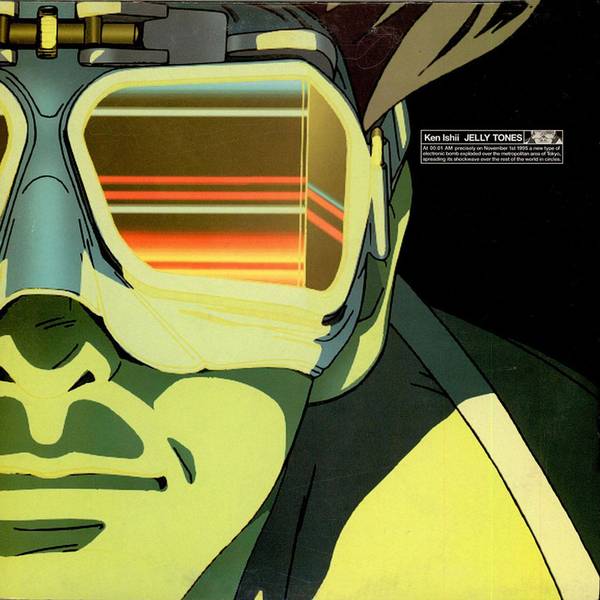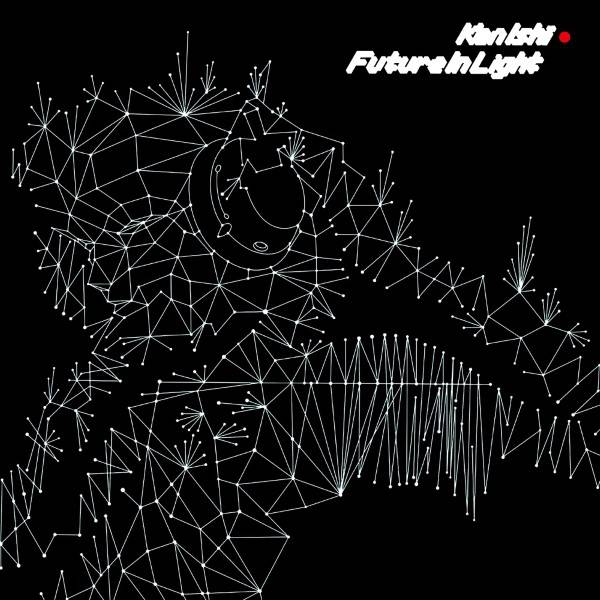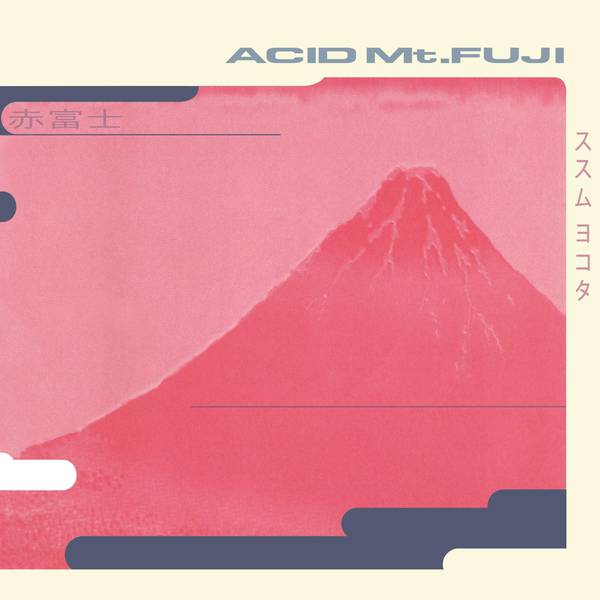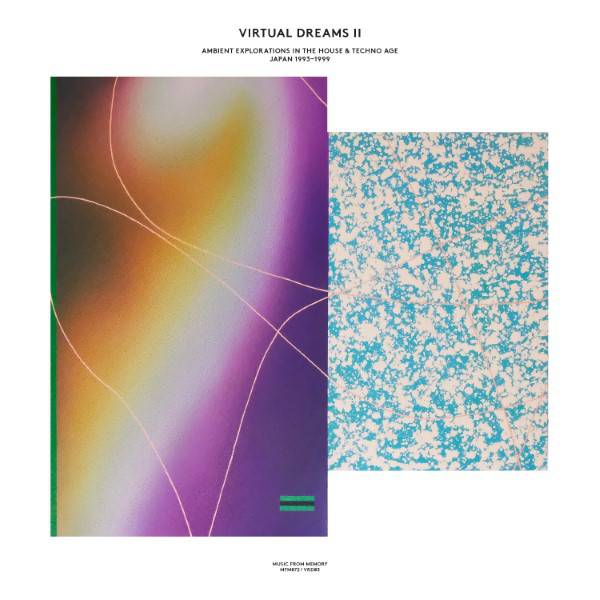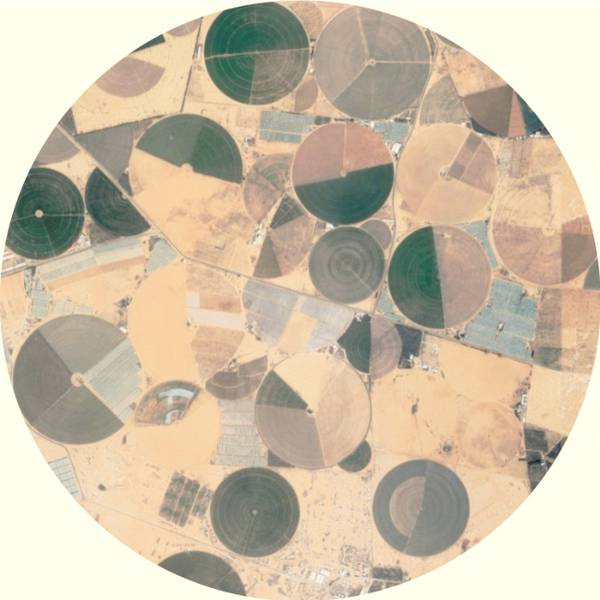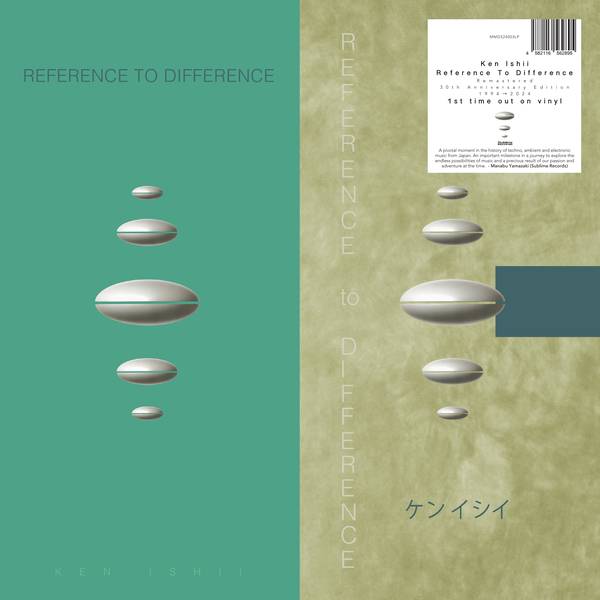
Tax included, Shipping not included
The musician and DJ Ken Ishii sits right at the pinnacle of techno's most noteworthy, but although a game changer for the artist personally - and for Japanese electronic music in general - his 1994 album 'Reference to Difference' is something of an unsung gem today.
Now reissued and remastered, released to mark the 30th anniversary of Musicmine / Sublime Records, and available on vinyl with its original track-list for the first time, this stunning, lesser-known classic is ripe for rediscovery.
Born 1970 in Sapporo, Ishii was introduced to electronic music at a young age through arcade games, and Japanese and German pioneers like Yellow Magic Orchestra, Isao Tomita and Kraftwerk. During his teens, he absorbed new wave, synth-pop, EBM and industrial, before making a life-changing discovery of Detroit techno in the late 80s.
As the 1990s dawned, so did his introduction to Black Dog Productions and Warp Records' Artificial Intelligence compilations. Blown away by the emerging British and American IDM, braindance, and ambient techno movements, he quickly folded their influence into his still-developing but cultivated aesthetic.
A futuristic confluence of unplaceable ambient atmospheres, space age techno, IDM and minimalist composition, 'Reference To Difference' unfolds as an effortless series of exercises in pristine synth textures, robust man/machine rhythm and understated melodies. It teleports the listener back to a golden moment in the mid-1990s, when a dedicated generation rose out of Tokyo's storied clubs and took the innovation, energy, and creativity of Japan's unique techno culture to the world.
Opened in 1993, Maniac Love was a new nightclub where Manabu Yamazaki aka DJ Yama promoted the Sublime parties, which soon became a crucial hub within the burgeoning Tokyo underground. It was here where Yamazaki rubbed shoulders with peers including Ishii and Susumu Yokota, and the trio's future became intertwined.
Much like Ishii, the late Susumu Yokota began his musical career by reaching out to Europe. Not long before Ishii released his debut longplayer 'Garden On The Palm' through Belgium's R&S, Yokota released his debut LP 'The Frankfurt-Tokyo Connection' through Harthouse, the German label co-founded by Sven Väth. In the wake of both records' overseas success, Ishii and Yokota set a benchmark for techno in Japan.
By 1993, as they both became in-demand producers and DJs, it felt like their dreams were coming true. Through talking with Ishii and Yokota, Yamazaki became emboldened to transform Sublime into a record label.
Soon after, Yamazaki partnered with Hideoki Amano, who was on the verge of founding Musicmine, a now respected and longstanding independent Japanese music company. As Yamazaki tells it, Amano helped him turn his dream into a reality: Sublime Records.
For Musicmine and Sublime Records' inaugural album releases, Yamazaki and Amano approached both Ishii and Yokota, resulting in the simultaneous drop of 'Reference To Difference' and 'Acid Mt. Fuji' respectively, on June 29th 1994.
Yamazaki remembered 'Reference To Difference' being well received by DJs, listeners, record store buyers and journalists, stating "people were excited by this new wave of music coming out of Japan, and had high praise for its unique sound."
With the pair of LPs further stamping Japan on the contemporary musical globe, the scene was beginning to boom at home too. Specialist record stores, and club music magazines like Ele-King and Loud spread the word, and in the wake of Maniac Love's impact, new nightclubs like the legendary Liquid Room were opening up, bringing a steady stream of world-famous DJs to the Japanese capital.
"Without a doubt, I think the arrival of Ken Ishii was a major turning point for the Japanese music industry in the 1990s," Amano reflected. "Nowadays, the Western club music scene is rediscovering Japanese techno from the 1990s, and digging our music is a common sight, but before Ken Ishii, no Japanese DJ was in sync with the global club music scene. He was the catalyst."
"Looking back, I can tell it was meaningful that this was one of the first techno albums by a Japanese artist that was released on a Japanese label," Ishii reflects. "Maybe I did something that bridged between old school Japanese electronic music and 'new school' techno in line with the Detroit sound with this record" he adds, in modest understatement.
The new liner notes were written Martyn Pepperell, a well-regarded music journalist who has covered Susumu Yokota for Wax Poetics and Midori Takada for Dazed, amongst numerous other articles.
Details
Genre
Release Date
23.09.2024
Cat No
MMDS24003LP
Produkt- und Herstellerinformationen
Tracklist
Track 1
Track 2
Track 3
Track 4
Track 5
Track 6
